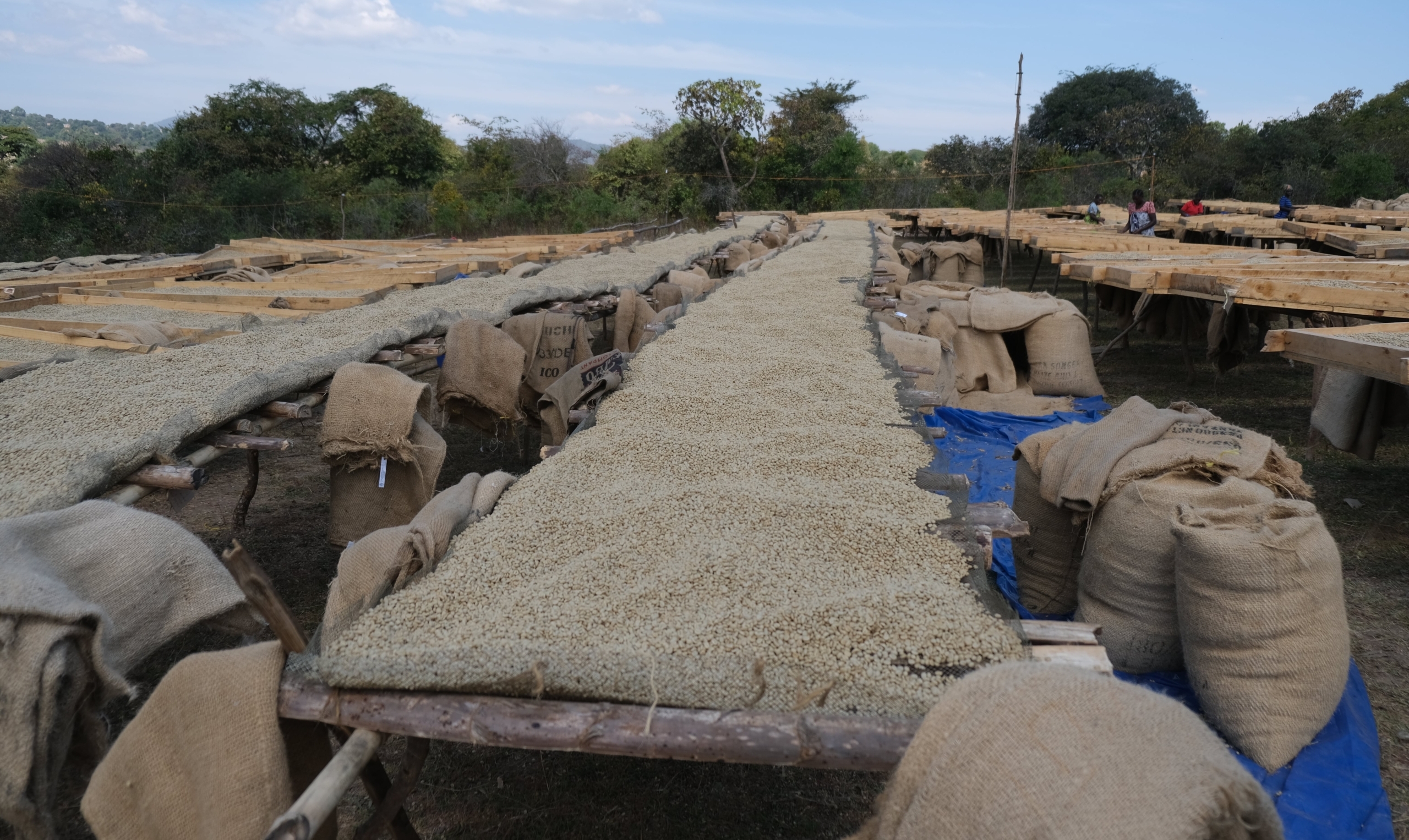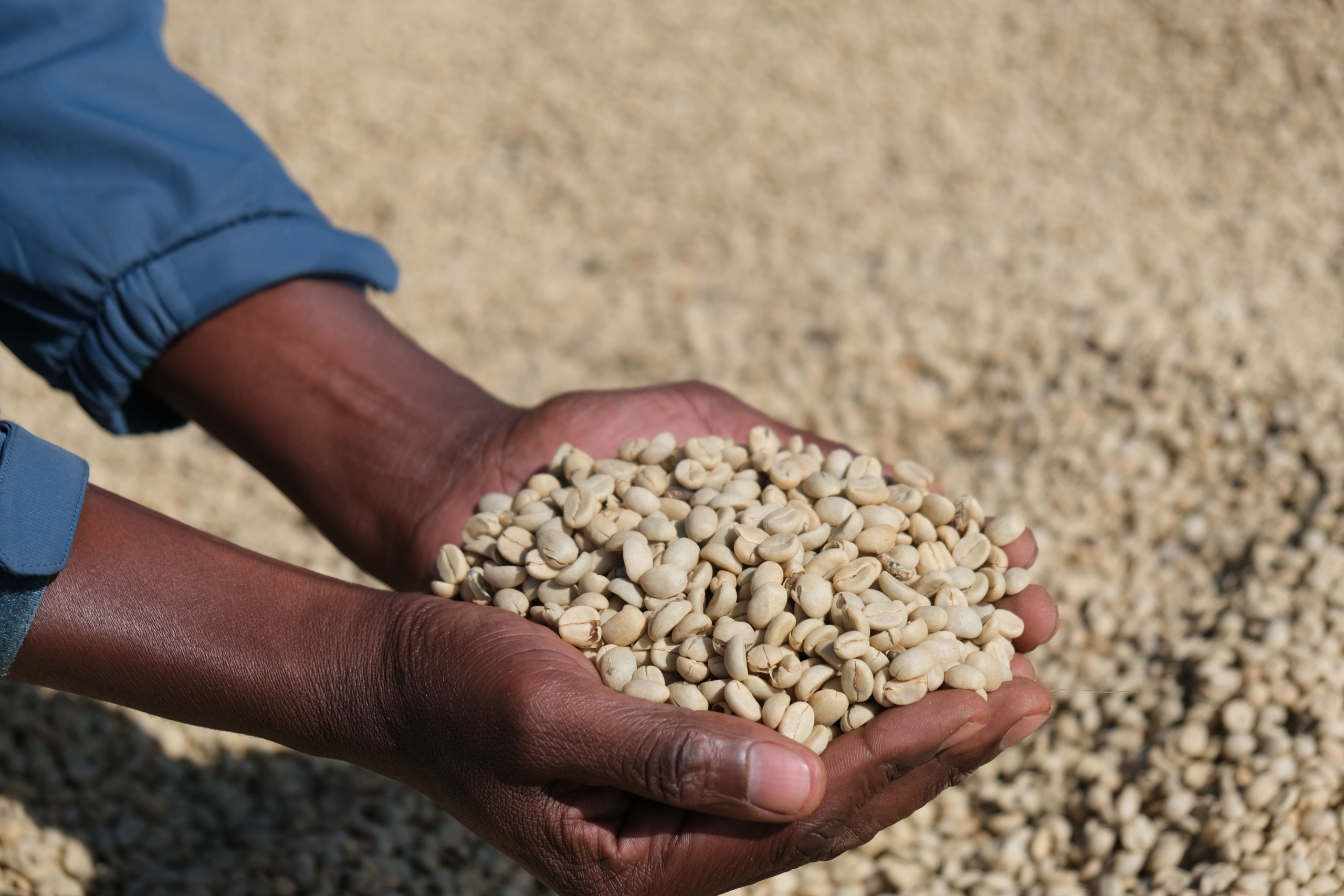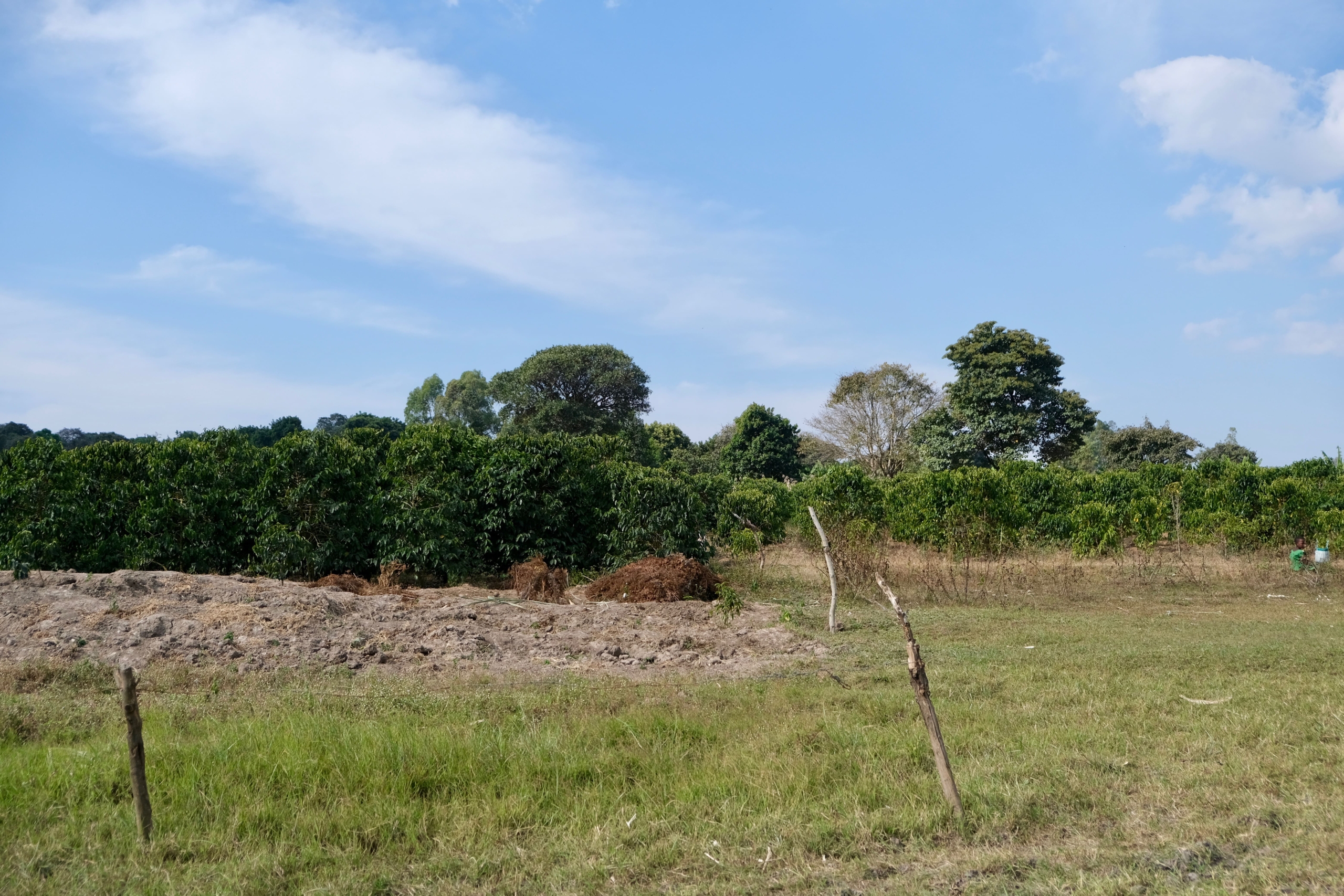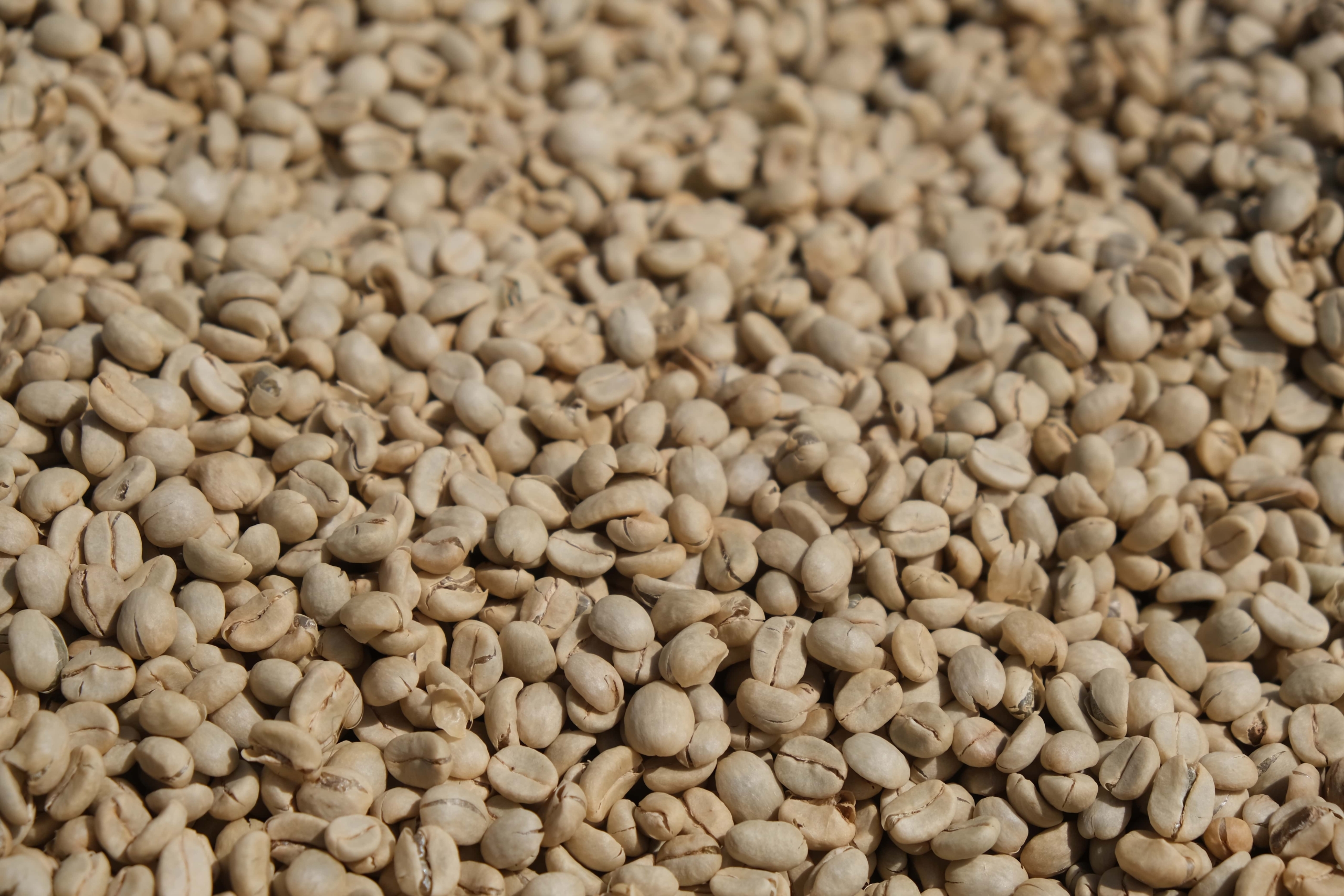Tanzania has a rich history of coffee cultivation dating back to the late 19th century, when Arabica coffee was first introduced by missionaries and German colonists. Over time, coffee became one of the country’s most important agricultural exports, particularly in the fertile regions surrounding Mount Kilimanjaro and Mount Meru. Today, smallholder farmers make up the majority of coffee producers in Tanzania, often working in cooperatives to process and export their beans.
Tanzania AB is a standout representation of this legacy. Grown in nutrient-rich volcanic soils at high altitudes, the AB grade refers to the medium-large bean size prized for consistency and flavor clarity. This washed coffee offers a lively, fruit-forward profile — with bright and pointed acidity, supported by floral notes and a silky, tea-like body.
Understanding Coffee Grades
In Tanzania, the specification AB refers to the screen size of green coffee. Specifically, the beans will pass through a size 18 screen while being retained by a size 15 screen. (Screens have holes measuring in 1/64-inch increments.) AB coffees can be just as high in quality as AA beans, and sometimes even preferable given their balance and complexity.




